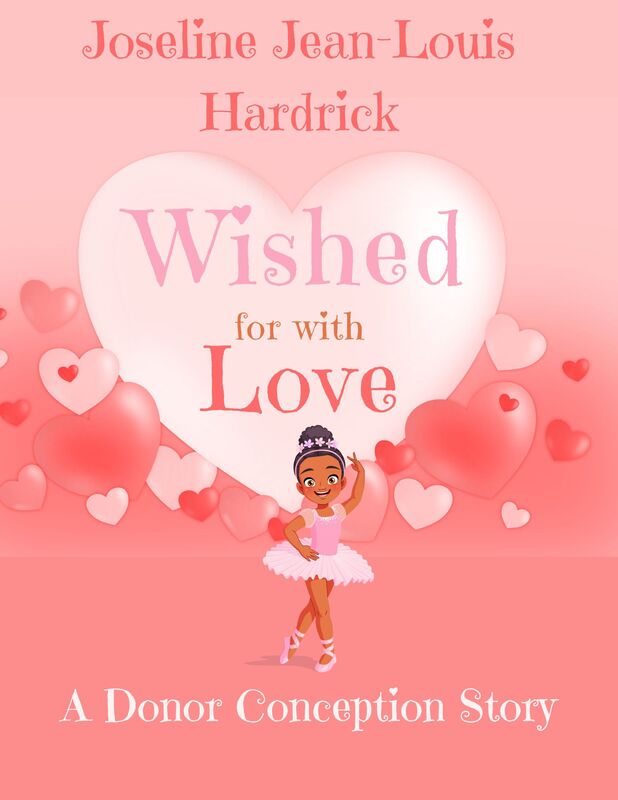|
I wrote a new book about donor conception. Why? Because someone I love was conceived through donor conception. She's getting to the age where she has questions, and other kids have questions too. So I wanted to create a book that helps give her, and her mom, language to explain how love and science came together to bring her into this world.
For a limited time, you can preview the ebook for free here. Read on for more tips to discuss donor conception with kids! Telling your child about their conception through donor gametes or embryos is a journey—a process that unfolds over time rather than a one-off conversation. It's essential to approach this topic delicately, starting with the basics and gradually adding more details as your child grows. Here are some valuable tips to guide parents through this process: 1. Start Simple, Add Detail as Your Child Ages Begin with the fundamental aspects of the story: "We wanted you very, very much," "We had trouble getting pregnant," "We got help from a doctor," and "We were so happy when you finally came." As your child matures, you can provide more context and complexity. 2. Don't Delay - Begin Early Starting the conversation when your child is young and naturally curious can make it easier. Younger children are often more accepting and less likely to ask intricate or challenging questions. Utilize available resources geared towards parents of younger kids to help initiate the dialogue. 3. It's Never Too Late Even if your child is older, don't hesitate to have the conversation. Resources exist to help parents broach this topic with older kids and adolescents for the first time. Check out materials tailored for these age groups for guidance. 4. Use the Right Language Emphasize the use of the word "donor" when describing the individuals who contributed gametes or embryos. Regardless of family structure, using accurate terminology is crucial to help your child understand their conception story. 5. Keep the Conversation Open Ensure your child knows they can come back to you with further questions at any time. Let them understand that questions about their conception are welcomed and that you're there to provide honest and supportive answers. 6. Respect Their Story Encourage your child to feel comfortable discussing their conception within the family. Striking a balance between privacy and secrecy is crucial—avoid making their story a secret, as it might imply shame or something wrong about their conception. 7. Share Information Appropriately While not immediately, ultimately, any information you possess regarding their conception should be shared with the child, including identifying information if available. 8. Addressing the "Can We Meet?" Question Many children may express curiosity about meeting their donor(s). Assure them that it doesn't mean they're looking to replace you. Answer honestly, considering factors like identifying information availability and the donor's wishes for anonymity. 9. Regularly Check-In Periodically revisit the conversation to see if your child has additional questions or thoughts. Don't assume silence means they're not thinking about it—they might avoid the topic if they sense discomfort on your part. Navigating conversations about donor conception can be complex, but with patience, honesty, and an open heart, parents can create a safe and supportive environment for their child's understanding and acceptance of their unique family story. Remember, it's a process that evolves with time, and your ongoing support will be invaluable to your child. Did you know there’s a Donor Conception Awareness Day? Visit https://donorconceptionawarenessday.com/ for more info! Not sure if this book is a good fit for your needs? Read the book description, and get a free preview here. Enjoy! Joseline
0 Comments
Leave a Reply. |
AuthorI am a lawyer, a mom, a wife, a teacher, and a coach. Archives
March 2024
Categories |

 RSS Feed
RSS Feed